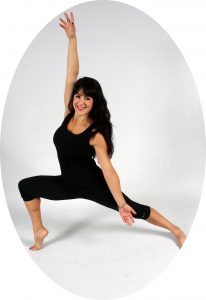 Hey Fit Fam!
Hey Fit Fam!
This month I want to address sleep. I was always a solid sleeper. Never an issue, until recently. I started experiencing insomnia after getting a new job, new engagement, new house, grieving a pet, and a back injury. Really, it shouldn’t have been surprising my sleep was disturbed. After getting more settled, but sleep not improving, I decided to try a variety of interventions. One being a sleeping pill (not advised on your own, only under your physician’s care), herbal remedies (melatonin and valerian), aromatherapy, different mattress, lower thermostat, mindfulness meditation, journaling, cognitive behavior therapy, acupuncture, massage, and of course exercise (Studio SWEAT gave me a sense of peace and normalcy during this time). With my mind running rampant and my body exhausted, it was incredibly frustrating to not sleep soundly.
For people who have suffered from insomnia, insanity sets in… am I right?! Don’t give up on trying to solve this. I didn’t.
Being a Dietitian, I then thought about food and beverage. I love a larger meal at night, and a cocktail. If we were in Europe this would be standard practice. Shoot, my Moroccan family eats at 11pm at night. Nevertheless, I know that each and every body is different. We have to keep checking in to see what’s best from day to day, and what we did yesterday doesn’t mean that it works for our body today. Body has wisdom and it’s in constant evolution.
Here’s what I tried:
- I ate a tad earlier (2 hours before bed) but didn’t lower the portion
- I cut out my nightly cocktail
- I cut out chocolate and simple sugars before bed
- I moved my multivitamin to the morning (B vitamins can interrupt sleep)
You know what happened? I slept soundly. At first the anxiety of not sleeping was alive and well, but after doing some deep breaths and mind-numbing reality TV, my eyes felt heavy and I fell into sleep. Heaven.
I did this for 4 nights.
I slept. I know this because I checked my sleep number IQ and saw how low my restlessness was.
Success!!!
I then decided, because life’s about enjoying, to try a cocktail earlier in the evening. Like, 4 hours before bed.
Success!!! I slept soundly.
Now that I have rest under my belt I can think and write clearly and share my story with you in hopes it helps someone or many. That’s the power of sharing personal stories. Life’s challenges brings lessons. My lesson is to never give up on peace and health, even when it feels out of my hands. The message I’m hoping this brings you, is that you matter. You’re worth the effort. How powerful is that?? So when you feel like you’re swimming upstream, keep going. Get creative. Keep caring. I talk to many who have given in to insomnia, or hypertension, or diabetes…. You see where I’m going.
Below I am giving you some other sleep resources and tips that might speak to you.

http://www.joybauer.com/insomnia/how-food-affects-sleep/
Among the best natural sedatives is tryptophan, an amino-acid component of many plant and animal proteins. Tryptophan is one of the ingredients necessary for the body to make serotonin, the neurotransmitter best known for creating feelings of calm and for making you sleepy. How sleepy? A 2005 study of people with chronic insomnia found that after three weeks, those who ate foods with high amounts of tryptophan with carbohydrates or who took pharmaceutical-grade tryptophan supplements had improvements on all measures of sleep — and the food sources worked just as well as the supplements.
The trick is to combine foods that have some tryptophan with ample carbohydrates. That’s because in order for insomnia-busting tryptophan to work, it has to make its way to the brain. Unfortunately, amino acids compete with one another for transport to the brain. When you eat carbs, they trigger the release of insulin, which transports competing amino acids into muscle tissue… but leaves tryptophan alone, so it can make its way to the brain.
BEST LOW-PROTEIN/HIGH-CARB FOODS FOR SEROTONIN PRODUCTION:Whole-grain breads, crackers, and cereal; whole-wheat pasta; brown rice, wild rice; oats; fruits, especially mangoes, bananas, grapes, papaya, oranges, grapefruit, and plums; vegetables, especially spinach, yams, sweet potatoes, white potatoes, corn, winter squash (acorn, butternut, etc.), green peas, broccoli, brussels sprouts, kale, asparagus, cauliflower, sugar snap peas, pumpkin, celery, beets; milk (fat-free, 1% low-fat), yogurt (fat-free, low-fat), low-fat ice cream, low-fat frozen yogurt
WHAT NOT TO HAVE BEFORE BED
- Caffeine. It seems obvious, but you’d be surprised how many caffeine junkies come into my practice complaining of sleep problems! People with troubled sleep should avoid caffeinated drinks and foods — coffee, tea, many soft drinks, and chocolate — several hours before bed. Caffeine is a natural chemical that activates the central nervous system, which means that it revs up nerves and thought processes. If you drink caffeinated drinks too close to bedtime, chances are it will keep you awake. Of course, what too close means varies from person to person. Sensitive people should stop drinking caffeine at least eight hours before bedtime (that means by 3:00 p.m. if you hit the sack at 11:00 p.m.). You can play with your particular timing… just don’t experiment on a night when you’re counting on getting a good night’s sleep.
- Alcohol. It’s true that a drink (or two) can make you sleepy and may help you get to sleep. But after a few hours, alcohol can cause frequent awakenings and lighter, less restful sleep. I’m not saying you need to give up alcohol, but don’t use it like a sleeping pill; and if you have insomnia, I strongly recommend omitting alcohol for a few weeks to see if your sleep problem resolves.
- Large Meals. Eating a huge dinner, or even a large before-bedtime snack, may make you feel drowsy, but the sleep won’t necessarily take. When you lie down and try to sleep, there’s a good chance you’ll feel uncomfortably full, which can keep you awake. Even worse, you may develop heartburn or gas, which will only increase your discomfort. I recommend eating a dinner that has no more than 600 calories (and optimally at least three hours before bed). Rather, have a light snack consisting of the low-protein, high-carb foods I recommended above.
- Liquids. The single best piece of advice I can give to those of you who wake up in the middle of the night to visit the bathroom is to avoid drinking water or any fluids within 90 minutes of bedtime. It takes that long for your body to process liquid of any type. If you must have something to drink (for example, to take a prescribed medication), take a few small sips. If the medication requires a full glass of water, take it earlier in the evening if possible.
One cannot think well, love well, sleep well, if one has not dined well. –Virginia Woolf
Toodles!
MJ



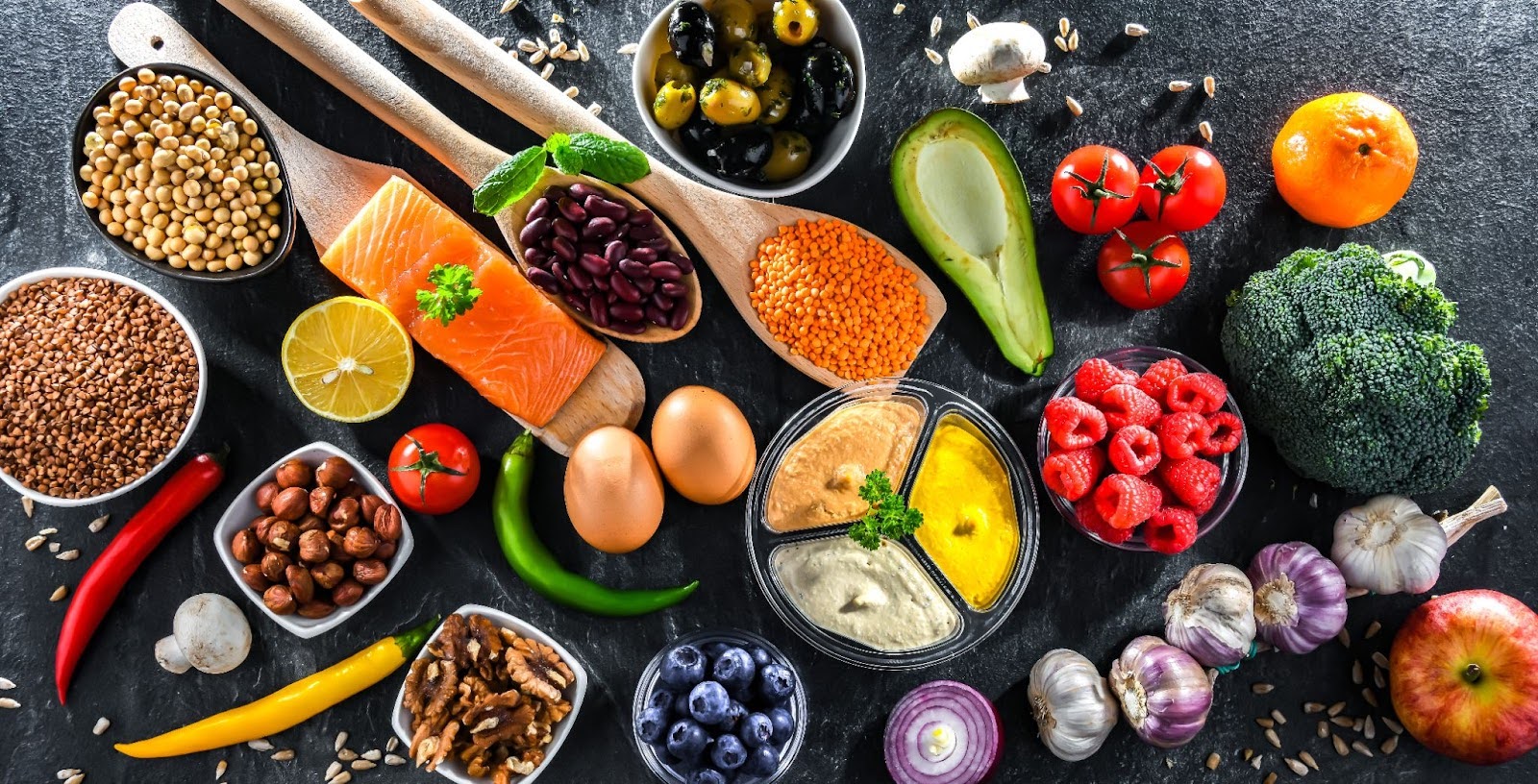
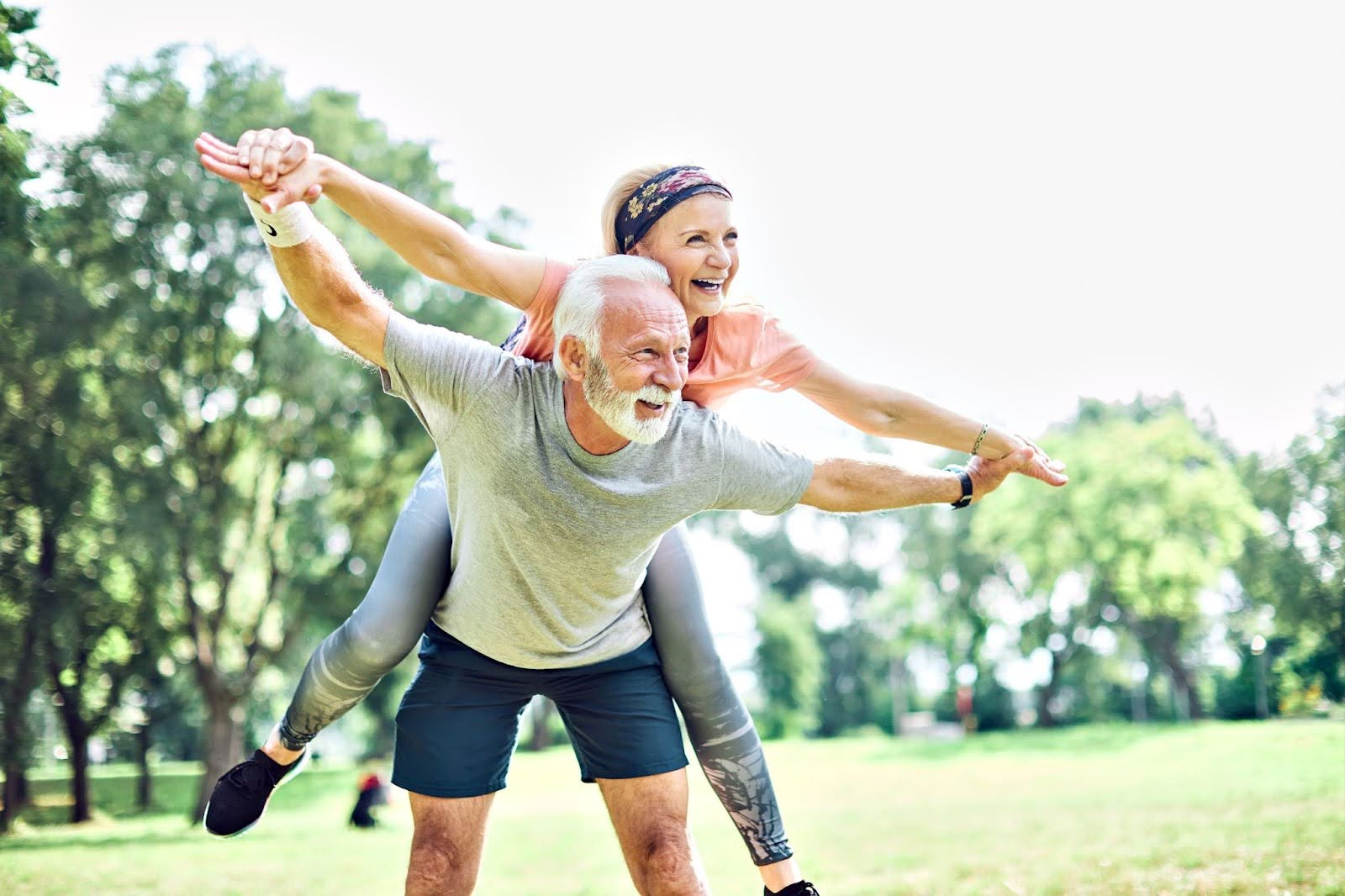
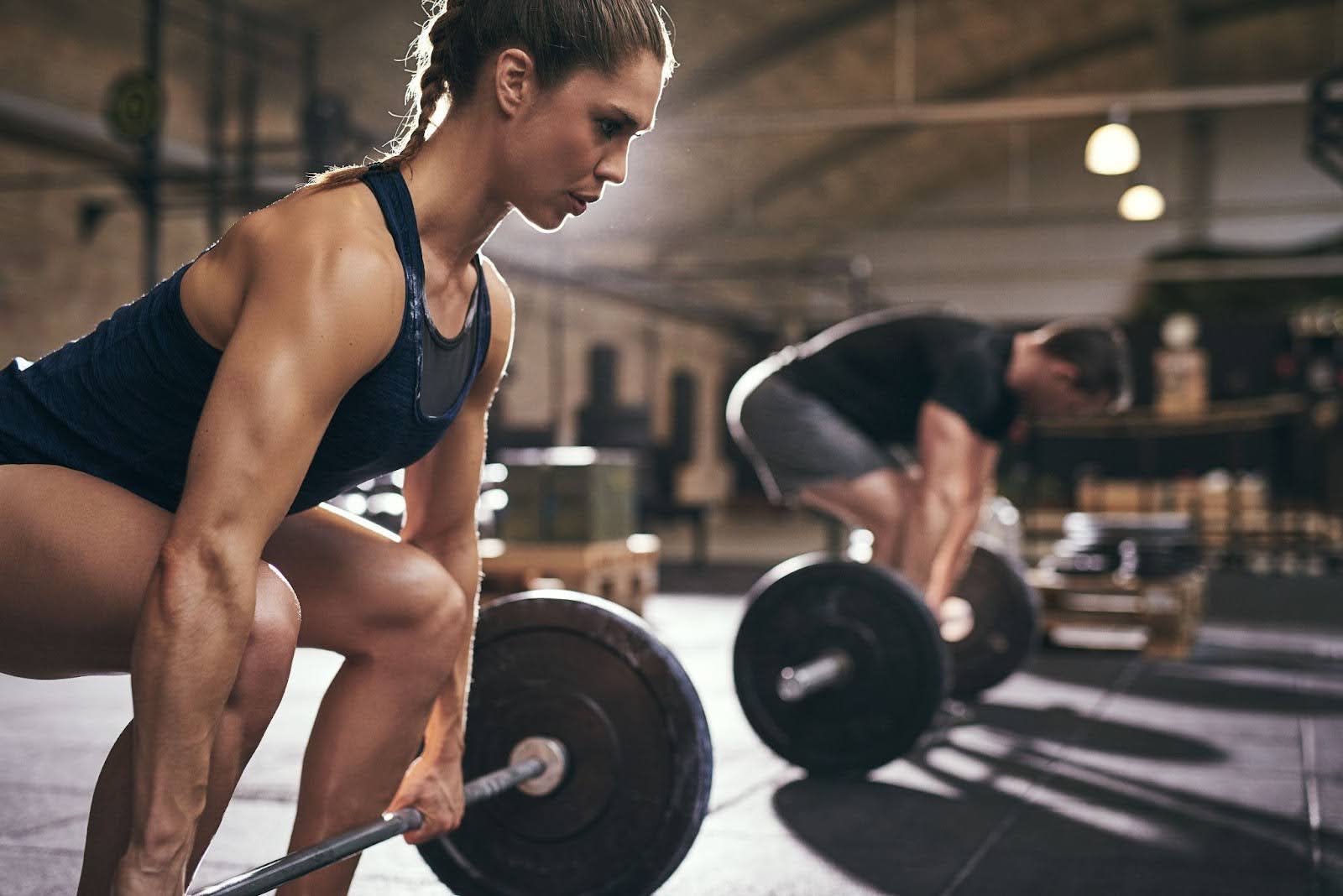
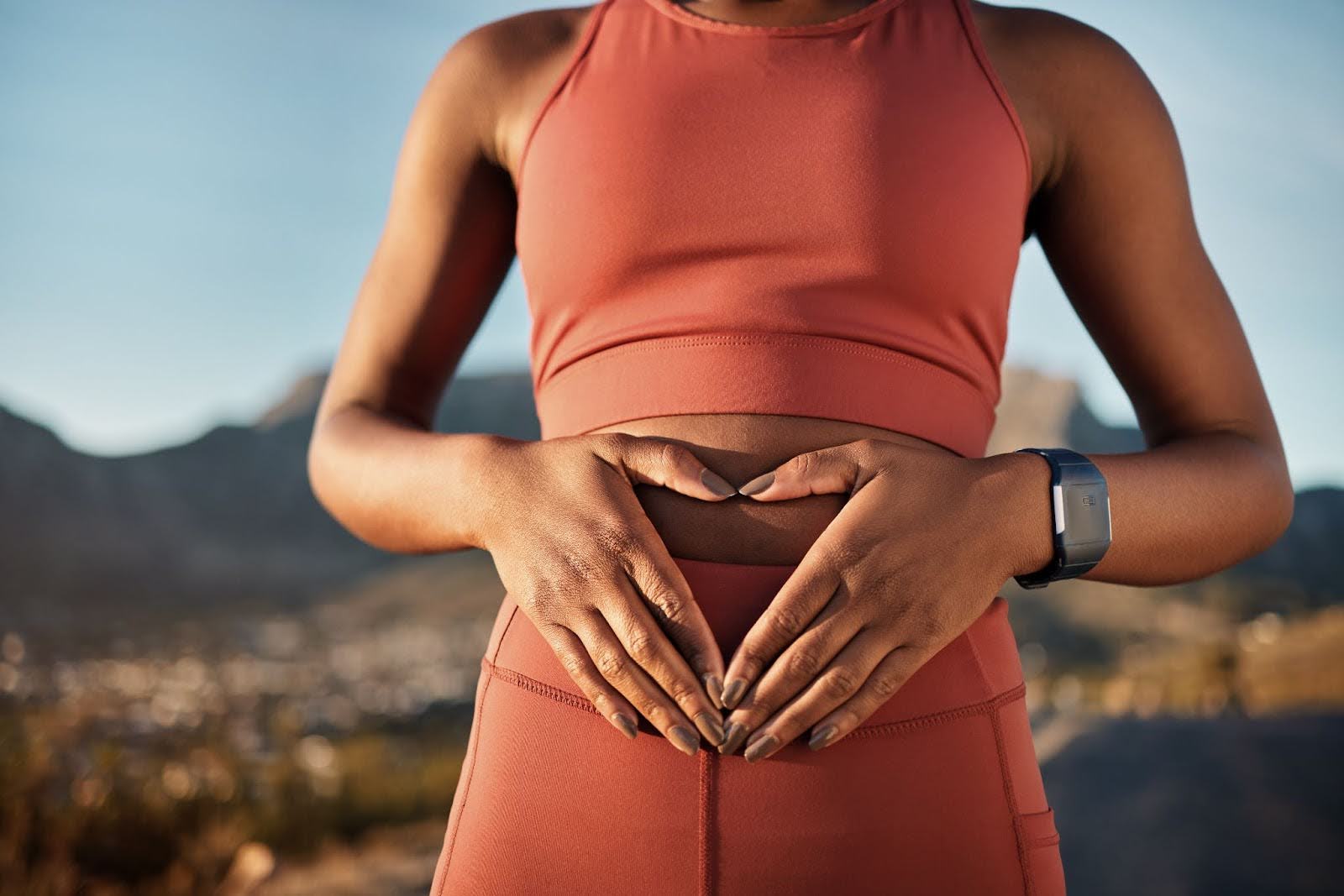


Comments - 0